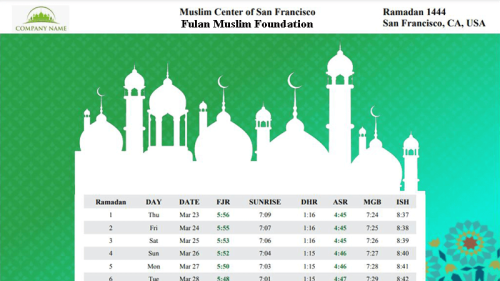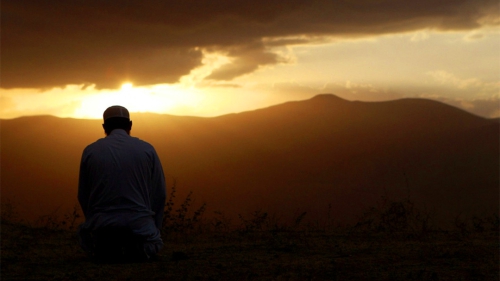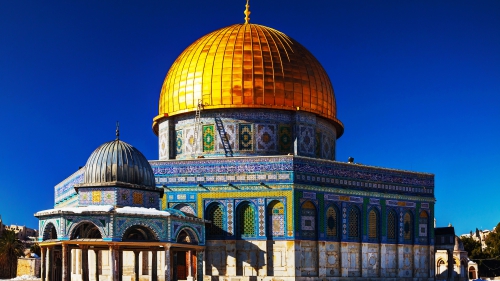Prayer Helps Us Chip Away Our Egotism

I always had difficulty with prayer. If God knows everything and is, as the Qur'an says, closer to me than my jugular vein, why did he need to hear my requests?
I disliked the idea of a God who demands endless praise - he reminded me of a tyrant who demands constant, obsequious abasement from his subjects. Surely God did not need to be reminded that he had created the world and that we are all miserable sinners, as we say so frequently in our liturgy.
And I had great problems with petition. Why should God answer my prayers, when he so clearly fails to heed the prayers of many hopeless people throughout the world? I also did not really believe in a God who would intervene in history and change the natural order: Why should he avert a storm from the location where I am planning a picnic and send the storm onto some other unfortunate folk?
But then I came to understand that prayer is really for us. It is selfishness and egotism that hold us back from God and our best selves. We use language to build a protective carapace around ourselves, to ward off attack and to bolster our self-esteem. How rare it is to really apologize; and how frequently the person who does apologize points out that you too are somewhat to blame for what has occurred.
How rare it is really to praise. There is a nasty little part of us that feels impaired by somebody else's success or good fortune. I recall a friend once saying to me: "Oh Karen! Congratulations on your marvelous reviews!" And then, almost immediately: "Have you put on weight recently?" People are often reluctant truly to thank somebody from the bottom of their heart or to express need: It is a tough world and you have to seem in control.
But prayer teaches us to use language in a different way: To thank, praise, and beg pardon wholeheartedly, without holding anything back. And as we do that, we chip away at our egotism. And that, in turn, will make us a force for good to the people around us and make the world a better place-without asking God to perform a miracle.
Karen Armstrong has written many books on religion inlcluding Muhammad: A Prophet of our Time
Related Suggestions
She has provided the answer to those who wonder why they must thank, glorify, and pray to God.
Mohammad

















